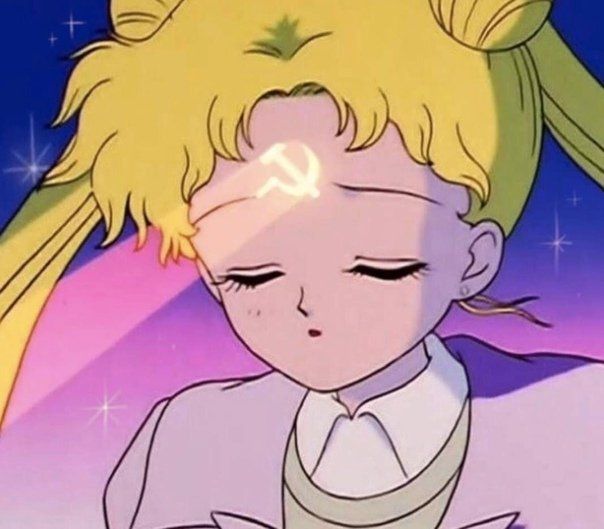For those of us, unfortunately, in the imperial core, what steps should we take to stop a US war with China over Taiwan? I’ve honestly been pretty scared since the war in Ukraine started knowing that China is next. We must avoid this at all costs to save the thousands of Chinese lives that will be sacrificed by the west in their bid to reestablish a unipolar world.
While I’m not discounting the achievements of the anti-war movement in support of Vietnam, the war still waged on for years. The same with Iraq. What should be done differently?


Events are not isolated in time; past events make future events possible, while future events are determined by the past. If you condemn the events leading to the status quo, then it’s necessarily the case that you should not take the status quo as any sort of ethical baseline. That is, the current inhabitants of the island must not be exposed to war, and they will obviously decide their fate with their actions, but I don’t find a reason to believe that their government deserves any special status regarding the island.
That’s quite impractical since all nations and their borders were established as a result of unethical conquest. This can be used as a justification for an unending cycle of violence.
Exactly. Every change to the world order has people in favor and against, and can have a multitude of effects deep into the future. If one carefully considers them, one can subjectively label some change as good, some as bad, a few violence justified, most condemnable. But setting some arbitrary point in history as the stop point is unsound from a justice standpoint.
My POV is that old events whose participants are dead stop being relevant for future moral actions. We should prefer justice for the living as opposed to justice for the already dead.
But those events have consequences for the living right now. If you’re in poverty while someone else is rich because their ancestors stole from yours, then the current situation is unfair. You could of course simply equate all past actions to a sort of “ambient” condition, presumably outside the realm of ethics, but that would not necessarily have the effect of negating them:
The problem is that it’s all a huge “what if” amenable for any narrative you want. In the end it provides justification for the never ending cycle of violence on people having no personal guilt.
Forcing people to be responsible for more than their immediate actions (e.g., also for guaranteeing other people’s rights, justice for everybody, etc.) is only concerned with what people should be expected to do. A cycle of violence is not any more justified than it would be in any other situation. For example, I can use violence to defend myself from immediate aggression; if I include an unjust status quo in my reasoning, then I might also use violence to free myself from the consequences of past violence, but that would not create a “cycle” wherein a stable, nonviolent state cannot be reached, since every “allowed” instance of violence would still only be associated one-to-one with an equivalent instance of “disallowed” violence.
I’ll give a more concrete example. If someone is trying to rob me, let’s suppose it is lawful to use threats to protect my personal property. Now, if my family’s wealth was robbed long ago, I would have a right to recover it, and whoever has it now would have an obligation to return it. If they refuse, then they are essentially under the same ethical case as if they were directly robbing it from me, so it would be lawful for me to threaten them too. If they escalate, that would be unethical, so it is simply impossible to justify any cycle of violence.